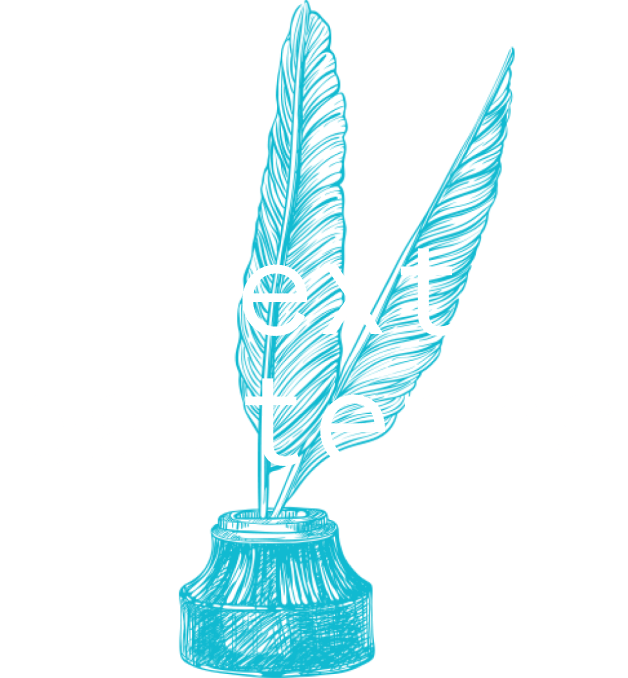June 23, 2016
travel and the lure of the smartphone
Alan Turing’s notion of a “universal machine” is the founding insight of the computer revolution, and today’s smartphones are the fullest embodiment of that idea we’ve yet realized, which is what makes them irresistible to so many of us. Many of us, I suppose, have at times made a mental list of the devices we once owned that...


